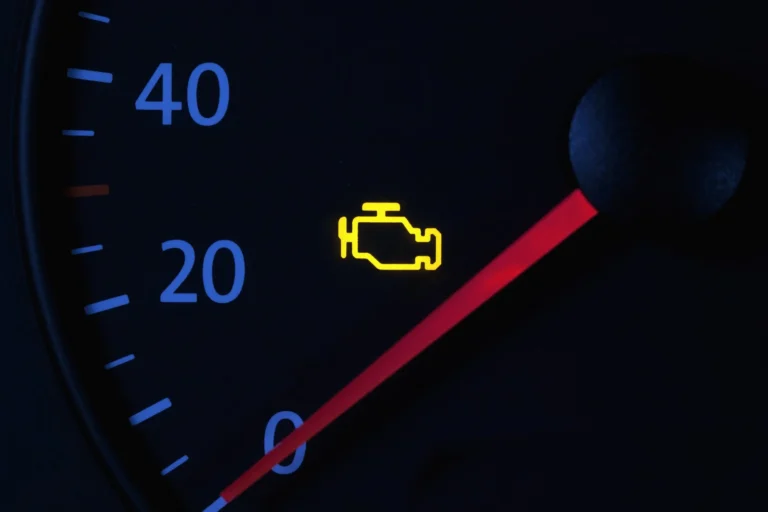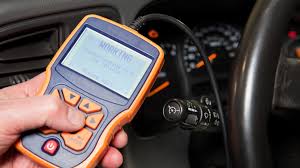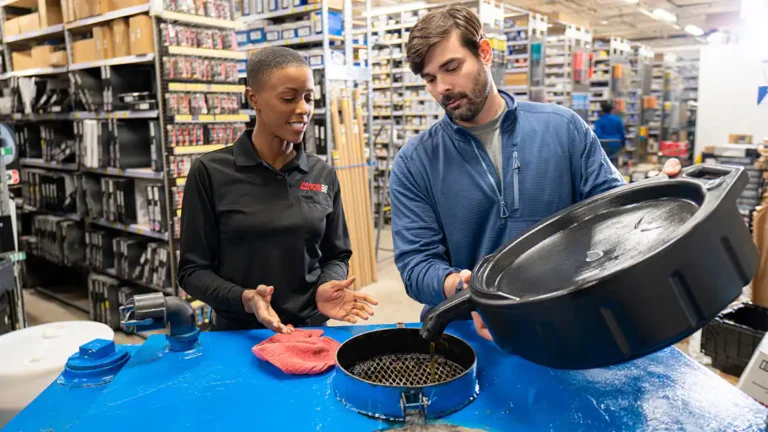Will Too Much Coolant Cause Overheating?

Maintaining the right level of coolant in your car’s radiator is essential for keeping the engine at an optimal temperature. However, it’s natural to wonder if having too much coolant can cause any issues, such as overheating. Let’s break down whether an overfill of coolant can contribute to engine overheating or if it’s a separate concern.
What Happens When You Add Too Much Coolant?
1. Overflow Reservoir
The coolant system in your car is designed to maintain the right balance of coolant and air within the radiator. If you add too much coolant, it can overflow into the reservoir tank. The coolant reservoir is there to collect excess coolant when the engine heats up and expands, but an overfill can lead to coolant spilling over and not circulating as efficiently.
2. Increased Pressure in the Cooling System
When too much coolant is added, it can create excess pressure within the cooling system. This happens because the coolant expands as it heats up, and if there isn’t enough room for it to expand properly, the increased pressure can lead to issues like leaks or malfunctioning components, such as the radiator cap or hoses.
Will Too Much Coolant Cause Overheating?
No, too much coolant by itself does not directly cause overheating. In fact, coolant helps regulate the engine temperature by dissipating heat, so a lack of coolant can lead to overheating. However, overfilling the coolant reservoir can cause other issues that may indirectly affect the car’s cooling efficiency.
Here’s how an overfill might impact the system:
1. Overflow and Spillage
If your coolant reservoir is overfilled, coolant may spill over and pool under the hood. While this may not immediately cause the engine to overheat, if the system becomes unbalanced or the coolant is lost through spillage, it could lead to insufficient coolant levels and cause the engine to overheat over time.
2. Inefficient Circulation
In some cases, too much coolant may prevent proper circulation, especially if the radiator cap is forced open due to high pressure. When this happens, the coolant may not flow properly through the radiator, leading to overheating despite an overabundance of coolant.
3. Damage to Radiator Cap and Hoses
Excess pressure from overfilled coolant can cause damage to the radiator cap or hoses. If the radiator cap is compromised, it may not be able to release pressure or regulate the system properly, potentially resulting in overheating.
Signs of Overfilled Coolant System
Here are a few signs that could indicate your coolant system has been overfilled:
- Coolant Leaks: You may notice coolant pooling on the ground or leaking from the overflow reservoir.
- Unusual Steam: Excess coolant and high pressure can sometimes cause steam to escape from the engine.
- Engine Warning Light: A warning light on the dashboard may appear, indicating issues with the cooling system.
- Lack of Cooling Efficiency: The car might still overheat even though there’s plenty of coolant, due to the pressure problems or poor circulation.
How to Avoid Overfilling Coolant
To avoid overfilling your coolant system:
- Check the Manufacturer’s Recommendations: Refer to your vehicle’s manual to ensure you add the right amount of coolant to the radiator or reservoir.
- Use the Correct Coolant: Always use the correct type of coolant recommended by the manufacturer for your specific car model.
- Monitor the Coolant Levels Regularly: Periodically check the coolant levels to make sure they stay within the recommended range. The cold fill line and hot fill line on the reservoir will help guide you.
- Don’t Overfill: When topping off the coolant, make sure not to exceed the maximum fill line on the reservoir to allow room for expansion.
Conclusion
In conclusion, while too much coolant will not directly cause overheating, it can lead to other problems within the engine’s cooling system, such as excess pressure, spillage, and inefficient circulation. It’s important to keep the coolant level within the recommended range to ensure that the system functions properly and to prevent overheating caused by insufficient coolant levels or system damage.
If you suspect your vehicle is overheating due to cooling system issues, it’s best to consult a mechanic to inspect the radiator, hoses, and coolant levels to avoid further damage.





